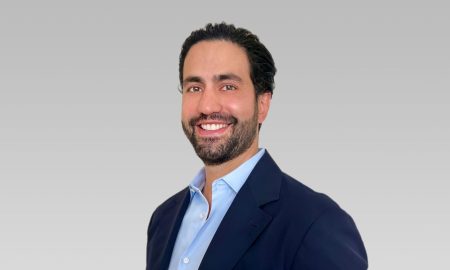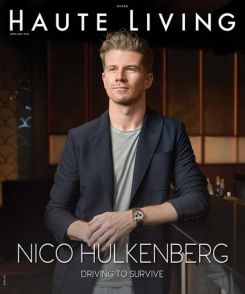In the world of law, particularly immigration law, challenges are not uncommon. They’re seen as stepping stones towards justice, intricacies waiting to be unraveled or precedents waiting to be set. But when the challenges emerge from societal biases, it calls for a different kind of resilience and strategy.
The legal industry, a landscape marked by tradition and enduring societal constructs, has long grappled with the issue of representation, particularly regarding women of color. Yet, amidst this backdrop, some individuals carve out their paths of opportunity and success while pushing through the cobwebs of inequality.
One such individual is Flavia Santos Lloyd, an award-winning immigration attorney and law professor who owns a thriving law firm.
Flavia’s entry into the world of immigration law was spontaneous rather than premeditated, but her professional progression has been remarkable. Reflecting on her journey, she shares, “I’d initially come to the US as I wanted to learn English, complete some courses and become a scholar in Russian literature and language, which was my major in college in Brazil.”
Flavia initially worked at an insurance company. After a while, she found a job as an assistant at a law firm and worked her way upward, obtaining a law degree and a Master’s degree in international relations.
However, as she ventured deeper into the legal world, Flavia encountered challenges that were not necessarily related to the complexities of her work but were more so the product of her gender and ethnic identity.
From being mistaken for a secretary to bearing the brunt of societal expectations about work-life balance, her path was filled with obstacles most of her male counterparts never experienced.
Nevertheless, Flavia deftly turned the tide in this male-dominated field, becoming a symbol of success and resilience. Her stance on societal biases and obstacles is definitely optimistic. “I love it when people note that I am female, a minority, black, a Latina. I just find a way to use it to my advantage because it does help me. It gives me a lot of opportunities.”
By leaning into her unique identity, Flavia has demonstrated that perceived disadvantages can be turned into tools for success.
Still, Flavia’s victory simultaneously highlights the pervasive underrepresentation in the legal profession. A report by the American Bar Association has shown that only 5% of attorneys are African American, and another 5% are Hispanic, which serves as a grim reminder of the broader issue.
“This lack of representation inevitably leads to a limited perspective within the profession. It can also hinder the efficacy of legal processes,” Flavia says.
Thus, Flavia’s success underscores the importance of diversity in the legal field, bringing in fresh perspectives and fostering a more inclusive environment.
Through the stories of professionals like her, society can better understand the opportunities within challenges, the strength in representation, and the power of resilience. As Flavia’s narrative continues to unfold, it serves as a beacon of inspiration for the next generation of legal professionals, particularly for women of color.
“I hope I can inspire others to challenge the norms and be unafraid to go against the grain,” Flavia says. ”I believe we can all find our place under the sun as long as we work hard and stay committed to the cause.”
Written in partnership with Tony Smith


























